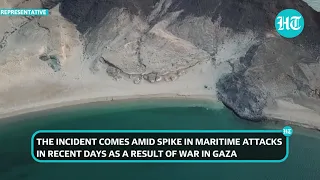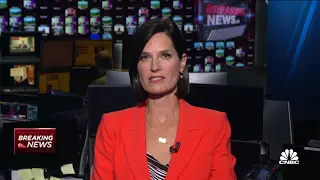Related articles
In a surprising turn of events, Israeli officials announced on Monday that Elon Musk has reached a principle understanding to provide Starlink satellites over Gaza, but with a crucial condition – approval from the Israeli Ministry of Communications. The deal, yet to be confirmed by Musk or Starlink representatives, comes in the wake of accusations of antisemitism against the tech billionaire.

Israel’s Minister of Communications, Shlomo Karhi, expressed his congratulations to Musk on reaching this significant agreement, emphasizing that the operation of Starlink satellite units in Israel, including the Gaza Strip, is contingent upon approval from the Israeli Ministry of Communications.
The backdrop of this agreement stems from Musk’s offer to provide internet services to “internationally recognized aid organizations” in Gaza. This offer came in response to Israel cutting off communications and internet connectivity in the region following the October 7 terrorist attacks by Hamas. The initial proposal faced strong opposition from Israel, with Karhi expressing concerns that the connection could be used for terrorist activities.
The controversy surrounding Musk’s offer deepened as he faced harsh criticism for comments made on the platform X, which many perceived as antisemitic. Responding to a post that criticized the political ideology of “western Jewish populations” and hinted at the “great replacement” conspiracy theory, Musk stated, “You have said the actual truth.” The theory suggests that nonwhite immigrants are replacing the white population in Western countries, often used against liberal Jews who support immigration.
The tensions escalated, leading to a pause in Israel’s battle against Hamas, during which Musk visited Israel. The announcement of the Starlink deal followed this visit, but Musk has yet to make a statement on the matter.
Despite the Israeli announcement, the deal’s confirmation remains pending, with neither Musk nor Starlink representatives responding to requests for comment from Business Insider. The uncertainty extends to the timeline for when Starlink services may become available in the region.
This development raises questions about the intersection of technology, geopolitics, and accusations of antisemitism. The conditional nature of the agreement reflects the delicate balance between providing humanitarian aid and addressing national security concerns, adding a layer of complexity to an already contentious situation. As the story unfolds, it remains to be seen how Elon Musk and Starlink will navigate this intricate web of diplomatic and technological challenges.












Discussion about this post